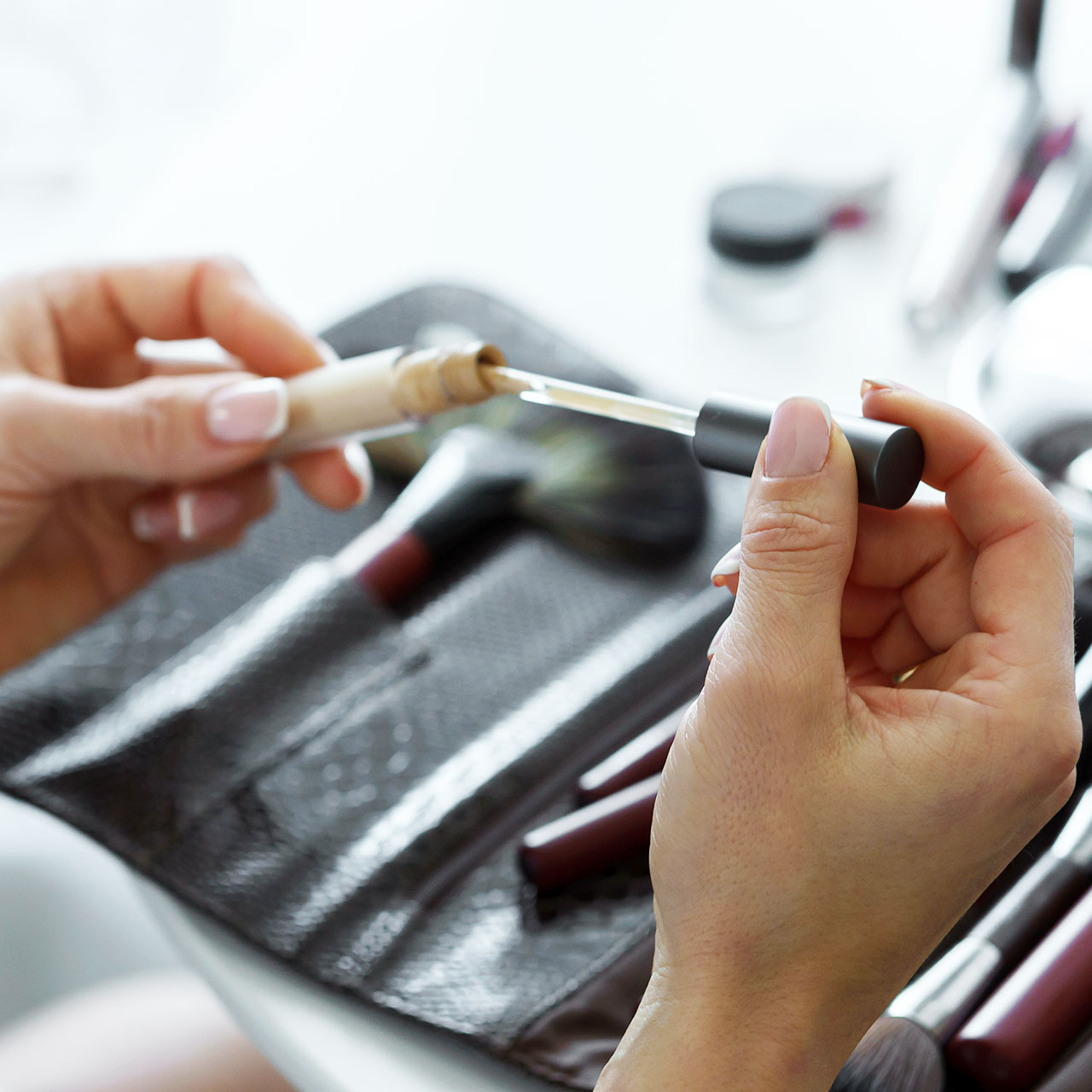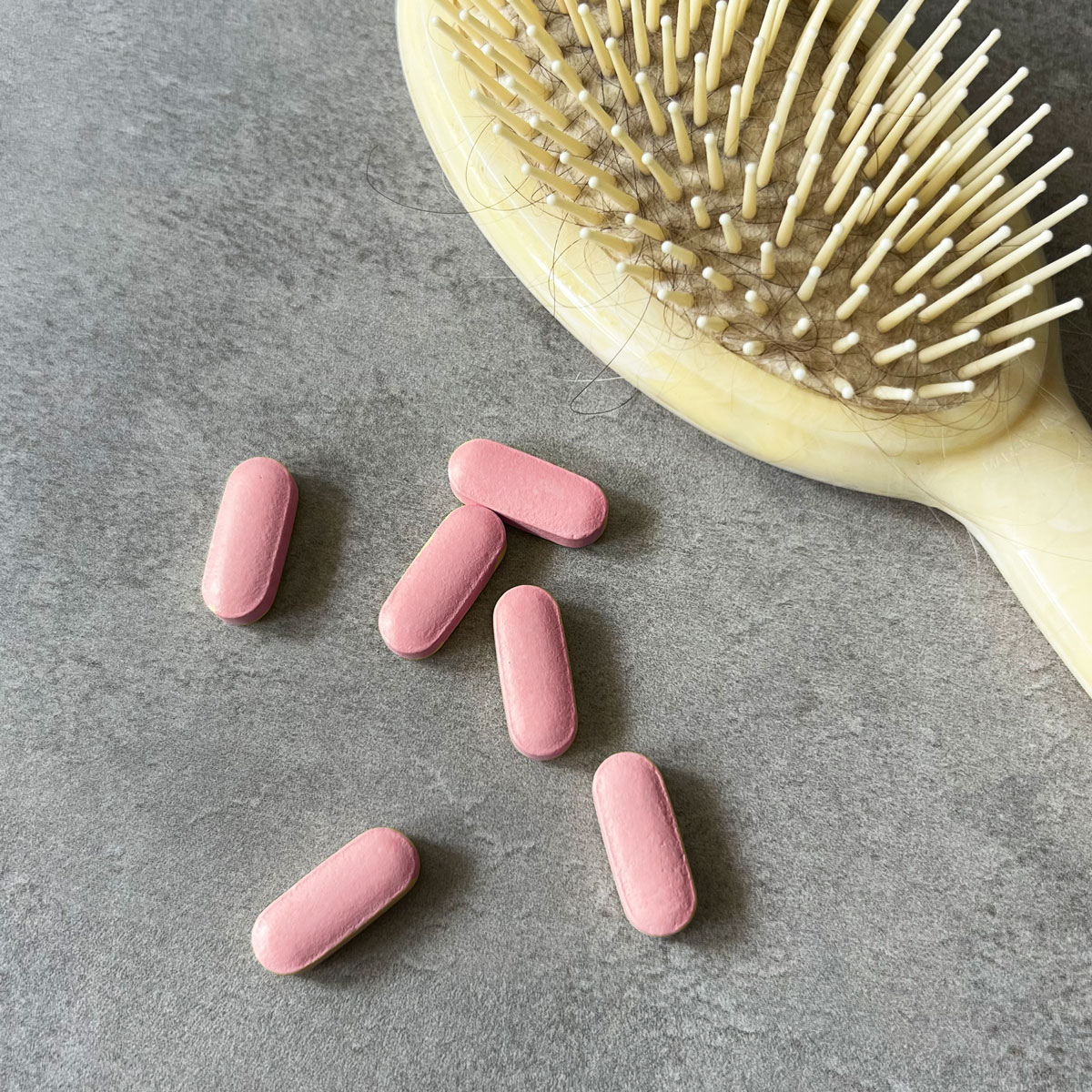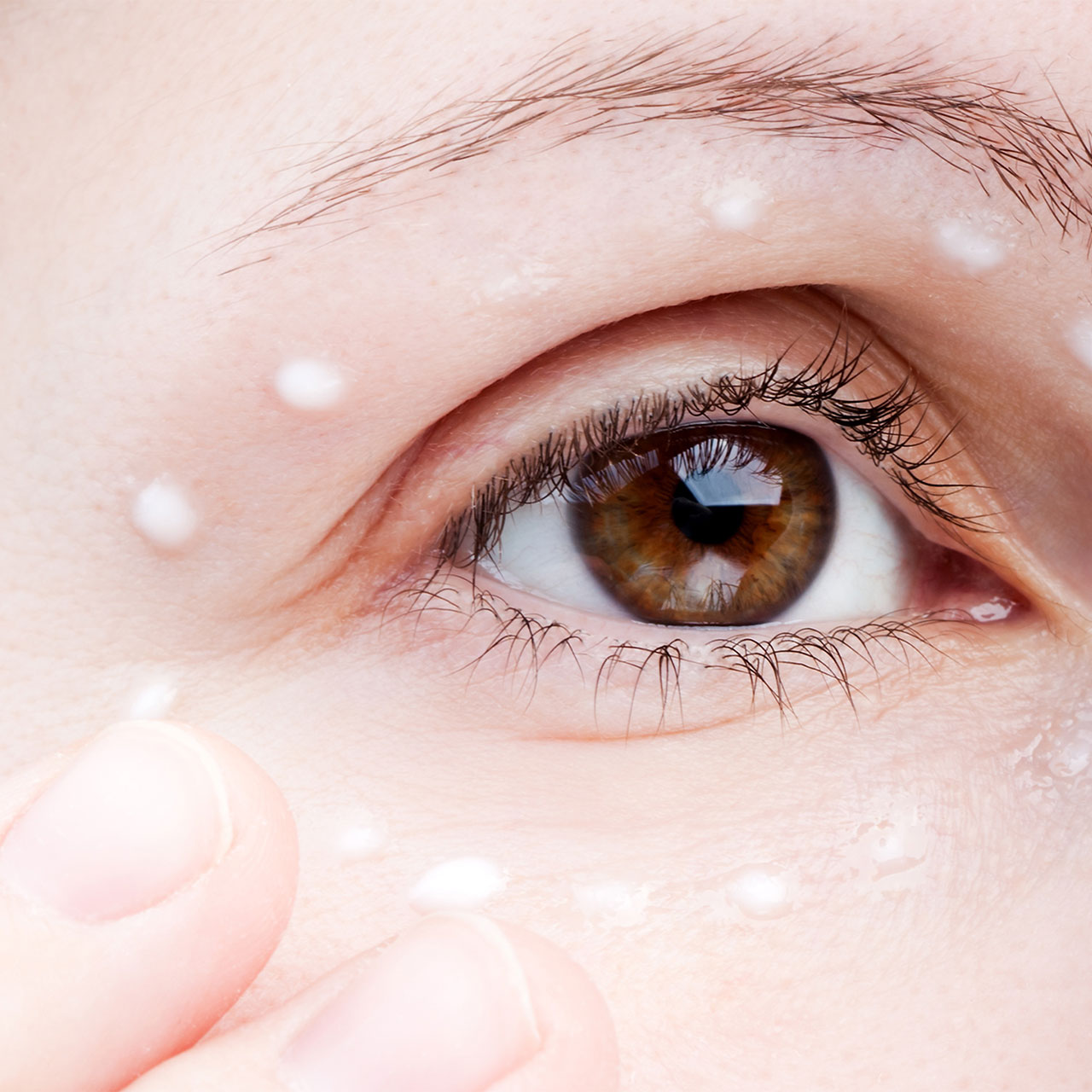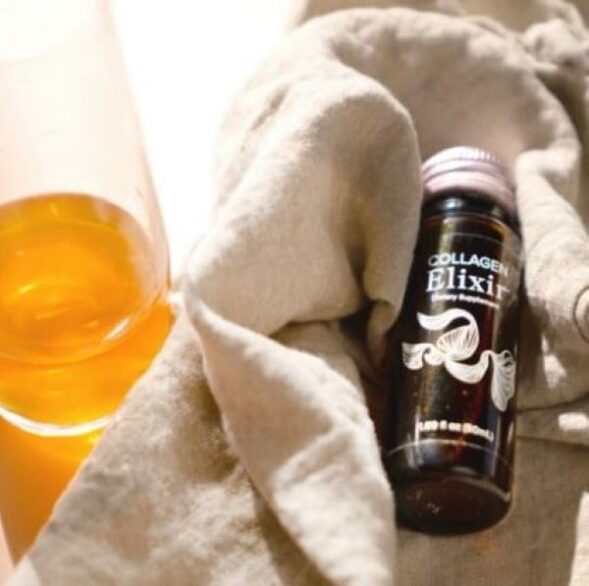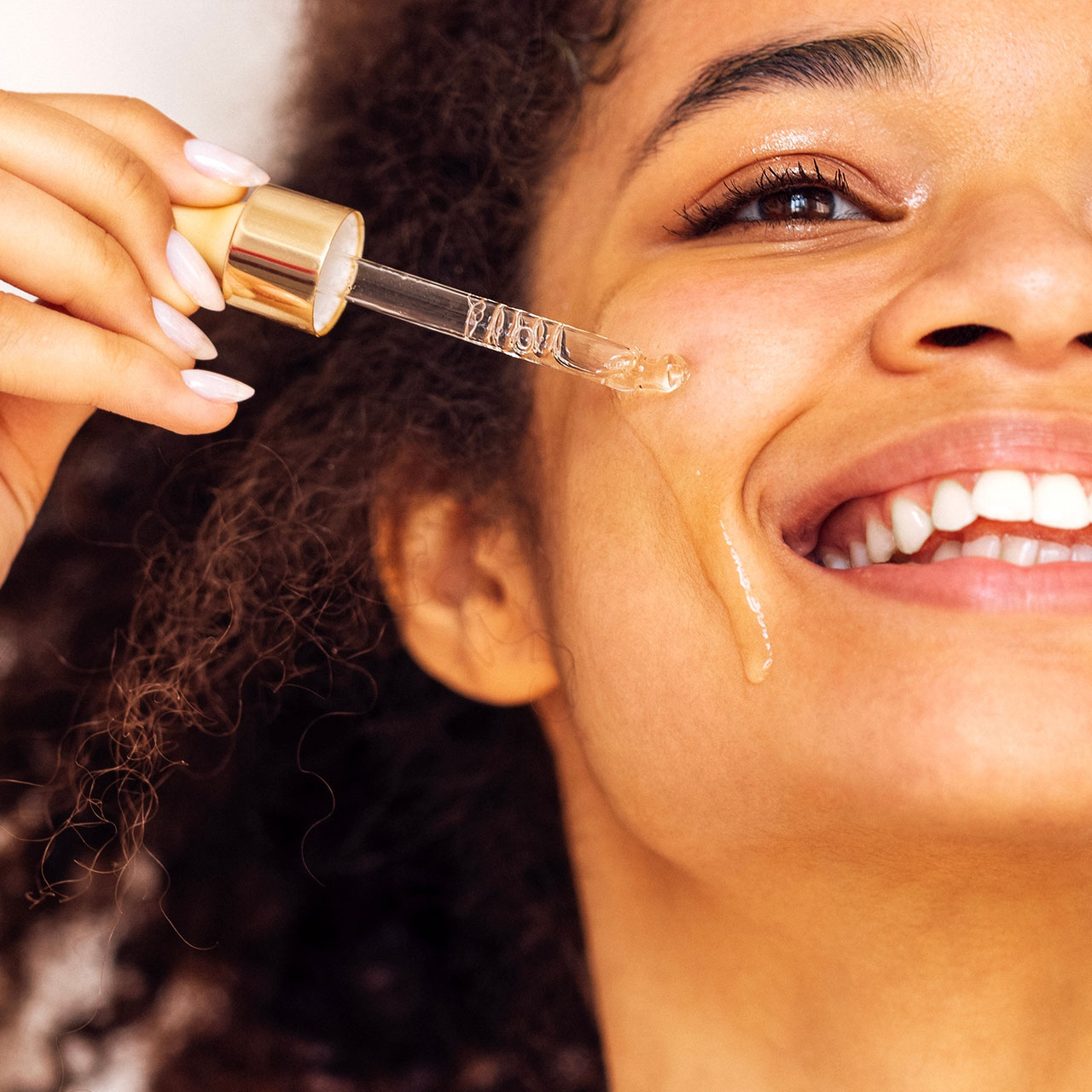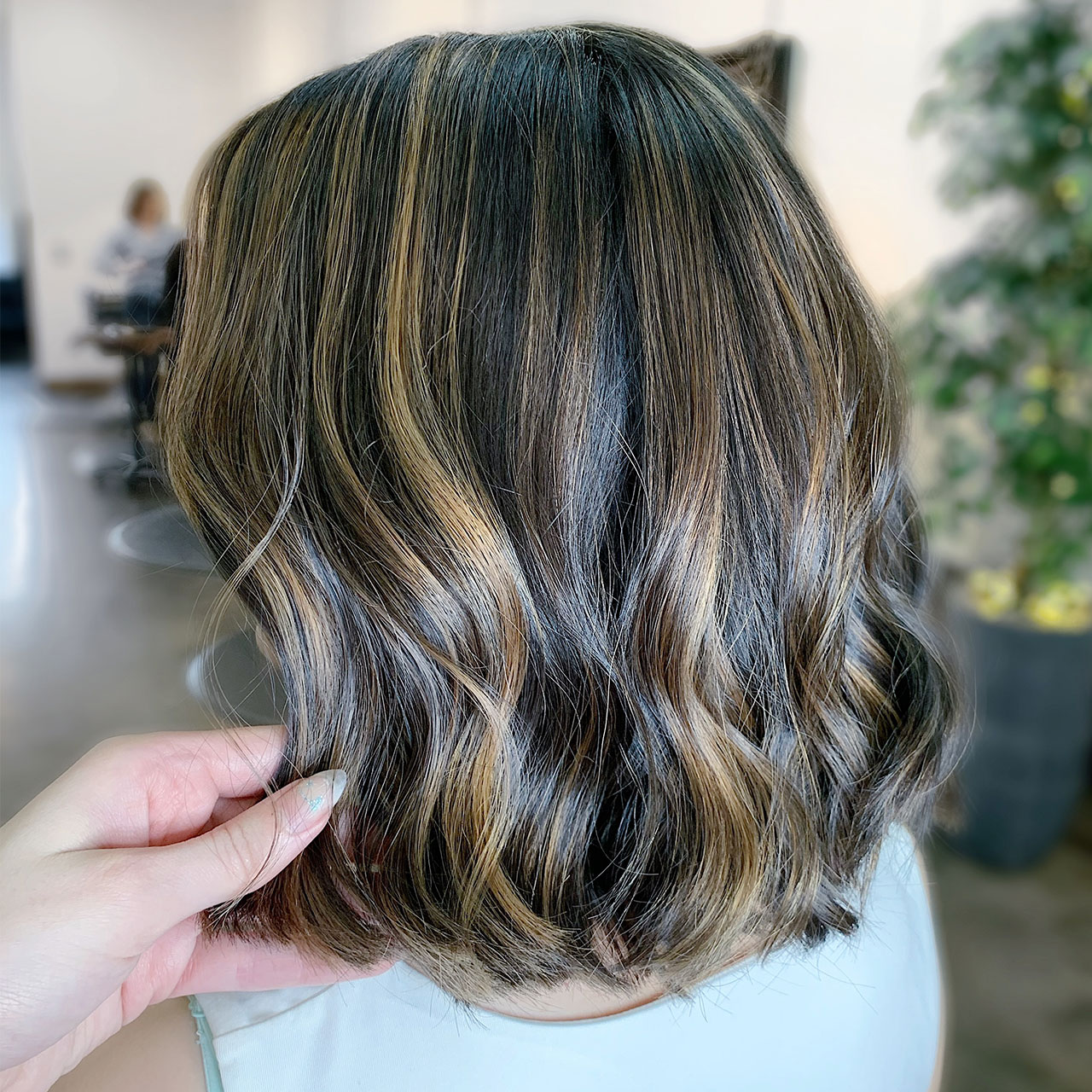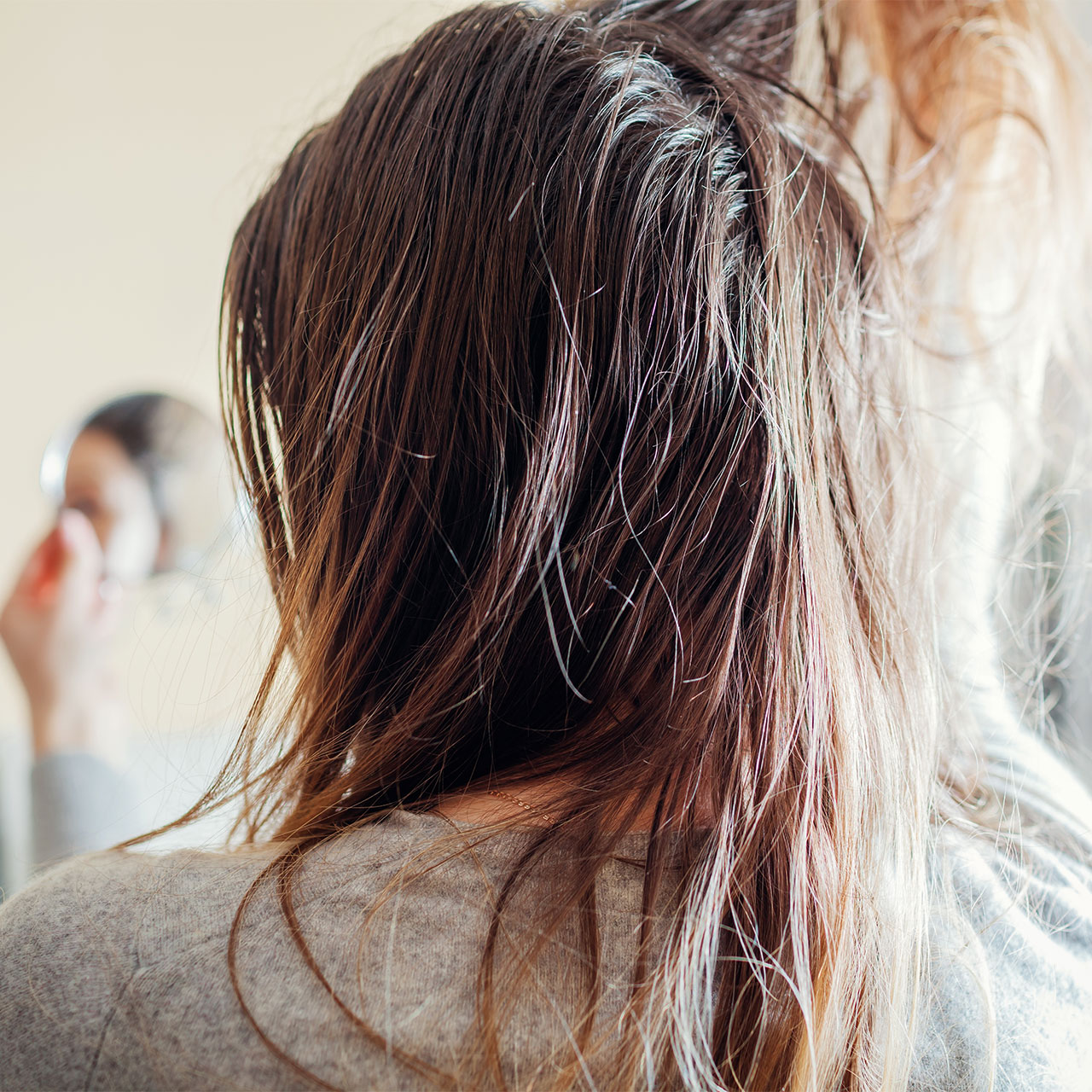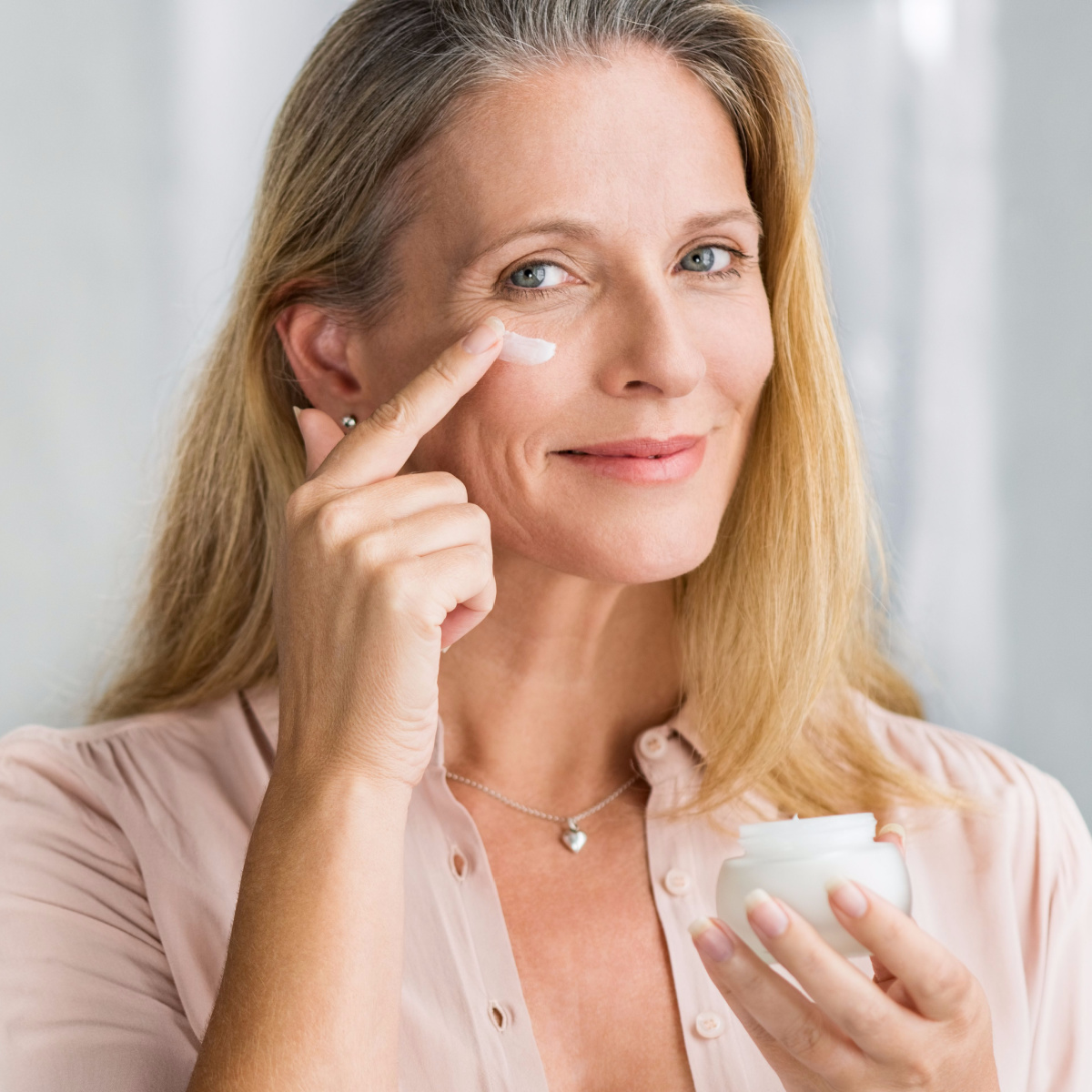An entire multi-billion dollar wellness industry has been create around the idea that supplements can change your life (literally). There are supplements for better sleep, supplements for less stress, supplements that claim they’ll make your skin look 15 years younger — and the list goes on and on. Hair supplements are another area of the market that is over-saturated and not always backed by scientific claims. Worse: when your hair is thinning or you’re noticing strands on your brush, you will do anything — and buy anything — to help remedy the problem.
Unfortunately, many of the supplements you are stocking up on could be putting a drain on your wallet without serving up real results. Your first step should always be making an appointment with a trusted board-certified dermatologist who may even run blood work to see if there are vitamins deficiencies or hormonal shifts to blame for your hair loss. But while you wait for that appointment, there are things you can do that won’t rob you and are backed by experts. Dr. Dusan Sajic, a Dual Board Certified Dermatologist and Anti Aging Medicine Physician with the DéRMA Skin Institute Institute, suggests taking these supplements if you’re suffering from hair loss — and staying away from a few others.

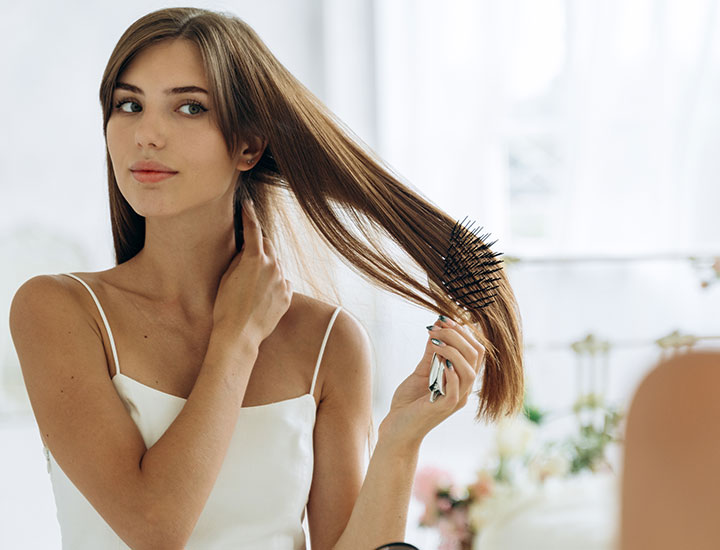
Do Consider: Shapiro MD
Shapiro MD is a line of hair supplements designed by Dr Jerry Shapiro, a dermatologist who specializes in and does research in hair loss, and Dr. Sajic says you can count on them being effective. The line’s ingredients include saw palmetto berry extract, which helps block Type 1 and Type 3 DHT (this is the hormone responsible for hair loss), as well as EGCG and caffeine to boost hair growth and health.
In addition to hair gummy vitamins and thyroid supplements, this brand provides shampoo, conditioner, a leave-in hair foam, and a regrowth treatment.
Find out more about the line here.
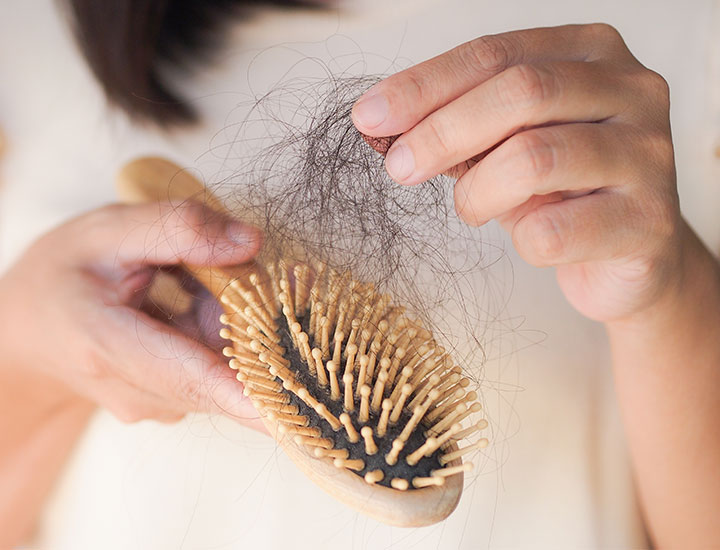
Also Consider: Topical & Prescription Supplements
Over the counter topical supplements that Dr. Sajic recommends include Minoxidil 5% (aka Rogaine). “As per sheer volume of research — nothing beats it,” Dr. Sajic says. “Unless you have a hard time using it, add it to your cocktail.”
Rosemary oil is also a great one — and Dr. Sajic says there is more and more data showing it is effective, especially if you have black hair.
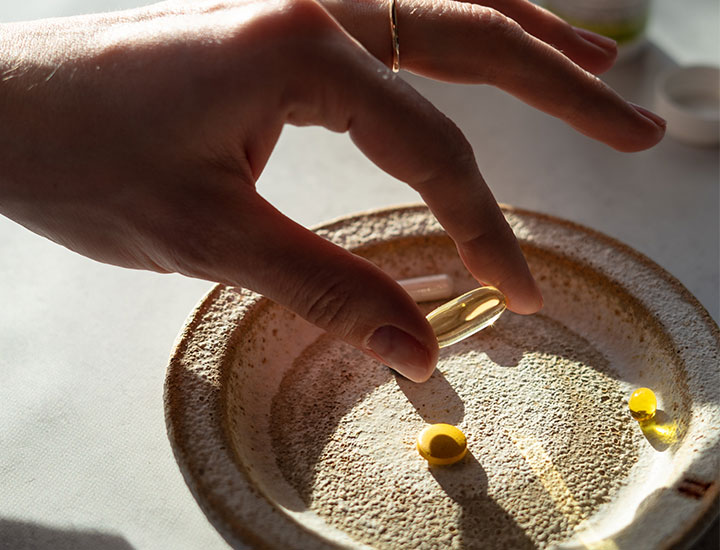
As far as prescription hair treatments go, Dr. Sajic recommends 1% Finasteride and 0.03% Bimatoprost for hair loss — both of which require an initial examination and consultation with your dermatologist.
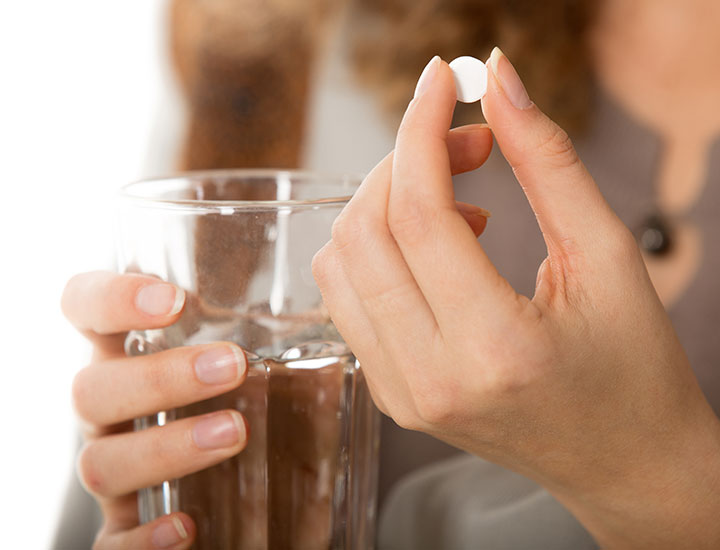
What Not To Take
The first thing Dr. Sajic recommends not taking in abundance — and this may go against everything you’ve been told about hair growth and supplements — is biotin.
“Stop it unless you know you are deficient,” Dr. Sajic says. “Recent data shows that its not really that effective and can also mess up your thyroid and heart testing results. So if you are having a heart attack, and taking Biotin - your doctor may not be able to tell.”
According to Dr. Sajic, a good diet is all you need to ensure you’re getting enough of each important vitamin and mineral. But, if you are suspicious and want to check your levels and supplement where needed, these are some of the common supplements prescribed to patients with hair loss:
Iron: If your iron levels are below a threshold of 40 ug/L then you need to supplement with Iron tablets or infusions, Dr. Sajic says. “If it’s below this, no matter what you do, it will not work,” he says. “Just like wearing a T-shirt in Chicago outside in February. Yes its normal for clothing — but not normal for February.”
L-Lysine — “If you are having Trouble increasing your Ferretin, you may want to add 1.5mg of L-Lysine,” Dr. Sajic notes. “It actually helps your body absorb the iron better.”
Vitamin b12 — “Again normal range is above 100 (pmol/L), but for optimal hair growth I do find that you should aim for over 250 pmol/L,” Dr. Sajic says.
Vitamin D — With more people avoiding the sun and using sunscreen, vitamin D levels can fall below normal range and this in turn can cause significant hair loss, Dr. Sajic says. “Make sure you check your levels and use supplements to restore it as necessary.”
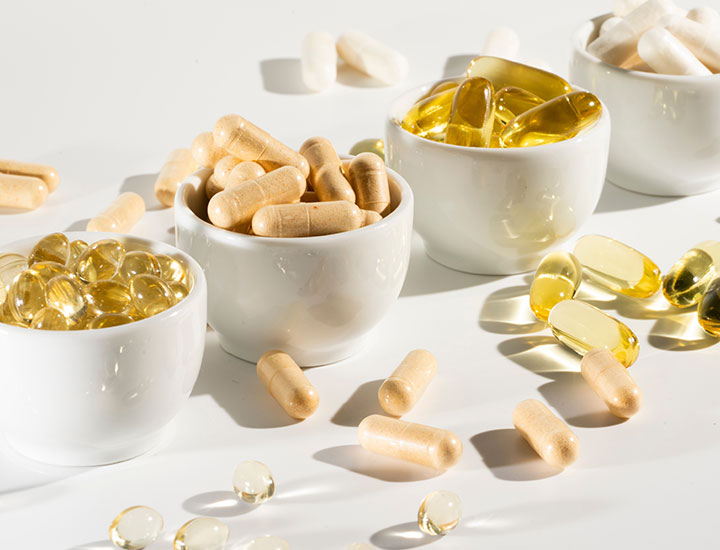
Just Be Careful Not To Overdo It
Sometimes too much of supplement can also be bad for your hair. “Remember: in life it’s more often than not good to aim for the Goldi-Locks zone — not too little and not too much,” Dr. Sajic says. “Vitamin A and Vitamin E are particular offenders, but too much of anything can also be the cause of your hair falling out. As always, this is a good start while waiting for your dermatologist. Make sure you discuss this and other concerns with them to get to the ‘root’ of your hair loss problem.”




